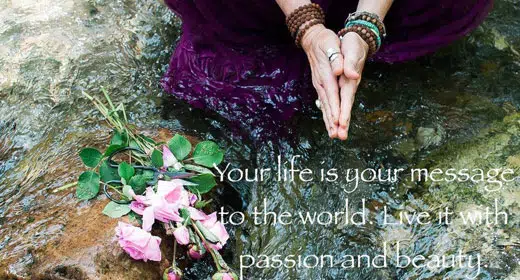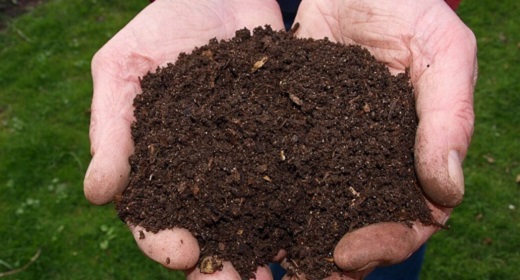For thousands of years, women have been healers in their homes and communities—passing down remedies and traditions through generations.
 Today, traditional women’s medicine is often overlooked in our masculine-dominated world. At The Sacred Science, we believe it’s imperative to maintain a harmonious balance between the masculine and feminine forces—both on an individual level, and as a planet.
Today, traditional women’s medicine is often overlooked in our masculine-dominated world. At The Sacred Science, we believe it’s imperative to maintain a harmonious balance between the masculine and feminine forces—both on an individual level, and as a planet.
Ancient wisdom traditions from around the world have honored the sacred feminine for thousands of years, from Hinduism to Traditional Chinese Medicine to the Mossi and Ba-Huana tribes of Africa, to name a few. Pachamama is known to the indigenous people of the Andes Mountains as the Earth Mother.
Many in South America and other traditional cultures warn that we must not take too much from nature, because of the imbalance it causes to Pachamama. Seen as a fertility goddess who ensures the bounty of planting and harvesting, it is believed that Pachamama both creates and sustains the life of the planet. Pachamama’s imbalance, they say, causes many of the problems we see on Earth today.
How is feminine energy different from masculine energy?
While the masculine way is protective, strong, and courageous, the feminine way is to nurture; the female body is designed to grow and feed life. We all have both of these energies within us, but often suppress one or the other because it doesn’t seem culturally or socially acceptable.
Carl Jung used the terms animus and anima to describe the masculine and feminine energies we each possess despite our gender. Bringing balance to these energies within ourselves, he said,
would help bring balance to all areas of our lives. Many healers believe this balance is also critical to the well-being of our planet.
In Chinese philosophy, the concept of yin and yang describes how opposite forces (such as masculine and feminine) cooperate to create balance. These energies are interconnected—one cannot exist without the other—just as light can’t exist without darkness. Honoring the Wise Woman is not about praising feminine energy as superior, but honoring the power of both the masculine and the feminine.
Women have been the primary healthcare providers for thousands of years.
For millennia, people have turned to mothers, grandmothers, and other women in their families and communities for healing. In ancient Europe, “wise women” were popular practitioners of folk medicine. These healers used herbal medicine from the local environment, often based on remedies learned from older generations of wise women.
Women’s wisdom, including the knowledge of childbirth, has been passed from woman to woman since the beginning of time. Today, however, modern, Western medical practices—which are predominantly male-dominated—are often perceived as superior. Despite this perception, according to the World Health Organization, 90% of health care in the world is provided by women, in their own homes.
Wise women heal with their love, their praise, their nutrients, and their focus on the person rather than the problem. This is the way of our grandmothers. Although these nourishing ways may have slipped into the background of our Western system of health and healing, they have not been forgotten.








































